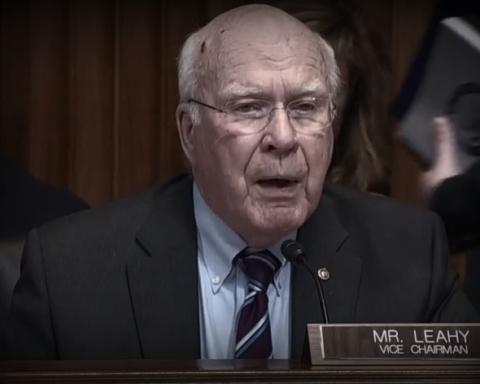Before Comcast and Time Warner merge in a move decried by consumer advocates, the companies will need to get approval from the Federal Communication Commission. That could be hard to obtain, in light of new data released by the FCC that undermines the case for further market consolidation.
On average last year, cable television subscribers in markets with more than a single provider paid less, had a smaller rate of increase in their bills, and received more channels than subscribers in areas where there was no competition, according to numbers released Monday night by the FCC.
The commission is required by law to produce an annual report studying the average rates customers pay for TV services around the country. The findings for 2013 are divided between customers in markets where there is effective competition and non-competition. They’re also sorted by rates charged for different types of cable packages basic, expanded, and most popular.
TV rates for basic services increased 3.6% last year to $22.78 per month—growth equaling more than twice the inflation rate. Rates in competitive markets grew by 3.2%, and in monopolistic markets, prices increased 4%–a monthly difference between the two segments of 50-cents. For expanded cable and the most popular packages, rates also grew at a faster clip in noncompetitive markets. Markets with more than a single provider also offered higher quality products. The FCC found a noticeable difference in channel offerings in areas where companies compete with each other. Competition yielded, on average, 11 more channels for basic customers, 13 more channels for expanded service customers, and 29 more channels for those who opt for the most popular package.
Rather than compete with each other, Comcast and Time Warner have proposed merging in a $45 billion deal that would result in a unified company controlling one-third of the TV subscriber market.
The Department of Justice and the FCC are currently reviewing the deal. In a statement filed with the FCC in April, Comcast and Time Warner argued that “the combined company’s greater geographic reach and its combined expertise and services will allow it to become a stronger competitor, offering businesses of all sizes better options, lower prices, higher quality, and enhanced services.”
According to Free Press, a public interest group that monitors the telecommunications industry, a Comcast-Time Warner union would create “an Internet and cable juggernaut with unmatched power to crush competition and hike prices for consumers.” The organization said the merger would render two-thirds of the US with a single cable provider.
Although Members of Congress can’t officially block the merger, it has caught their attention. At a Dec. 4 Senate subcommittee hearing, Sen. Al Franken (D-Minn.) blasted the proposed merger.
“It should be rejected,” he said. “It’s simply a bad deal for consumers.”





